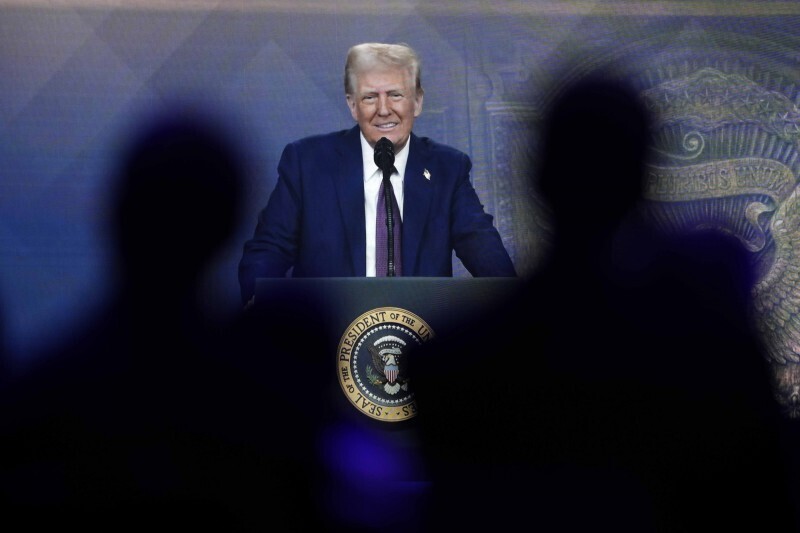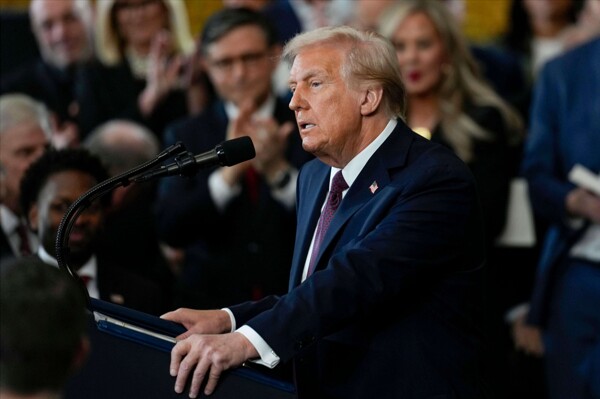
The New York Times has published a critical note on Donald Trump's decision to classify Mexican drug cartels as terrorists, warning of possible severe impacts on the U.S. economy and businesses in both countries. According to the article, isolating U.S. companies from the activities of the cartels may prove nearly impossible due to the penetration of these criminal groups into various sectors of the Mexican economy, leaving U.S. companies operating in Mexico vulnerable to potential sanctions.
Fabian Teichmann, a Swiss lawyer and expert in terrorist financing, highlights the trade of Mexican avocados as a sector that could be subject to greater scrutiny, as the cartels have expanded their operations in this area. Teichmann warns that U.S. companies could face economic sanctions and significant restrictions if they become involved in payments to Mexican companies controlled by cartels, even mentioning the possibility of military actions in foreign countries.
The measure to classify the cartels as terrorists could lead to severe sanctions, including fines, asset confiscation, and criminal charges for companies and individuals involved in paying ransoms or extortion. It is expected that banks may reinforce controls against money laundering, avoiding ties with high-risk sectors and potential clients related to Mexico. Experts in the Mexican banking sector express concerns about how this could impact financial operations and decisions of banks.
Criminal networks have expanded their activities beyond drug and human trafficking, engaging in multiple legal sectors such as the tourism industry and avocado cultivation. This poses challenges for U.S. companies operating in Mexico, which may not be entirely safe from the influences of the cartels. The landscape presented in the article highlights the complexity and possible consequences that the designation of the cartels as terrorists could have on the economy and trade relations between Mexico and the United States.













